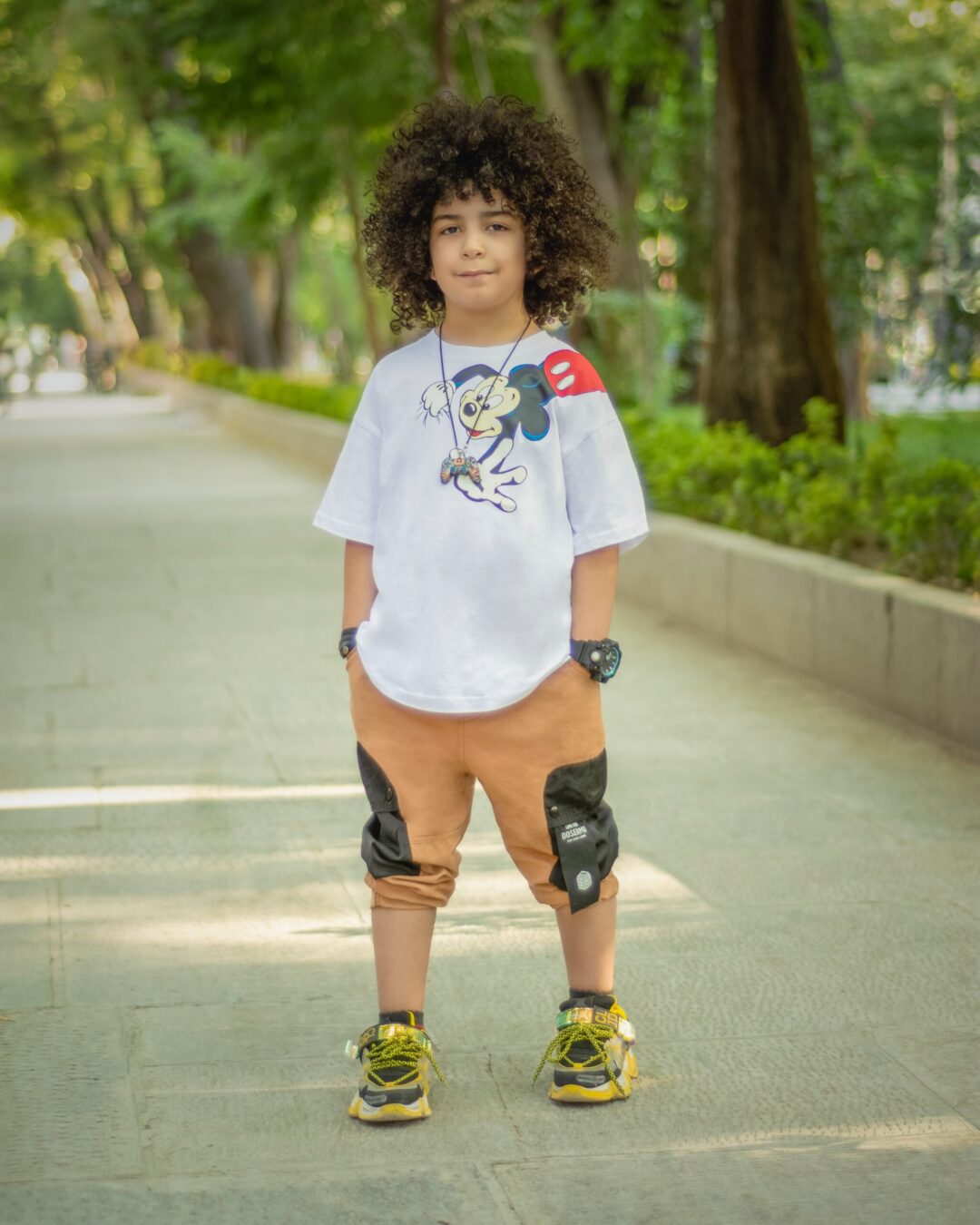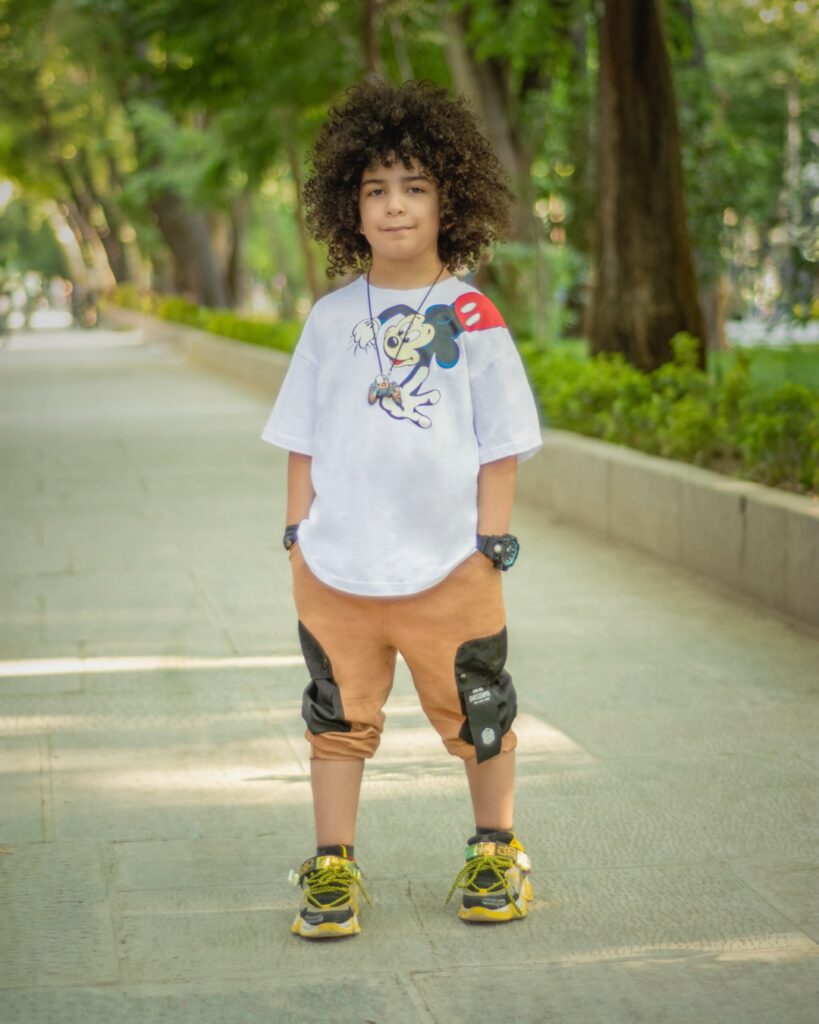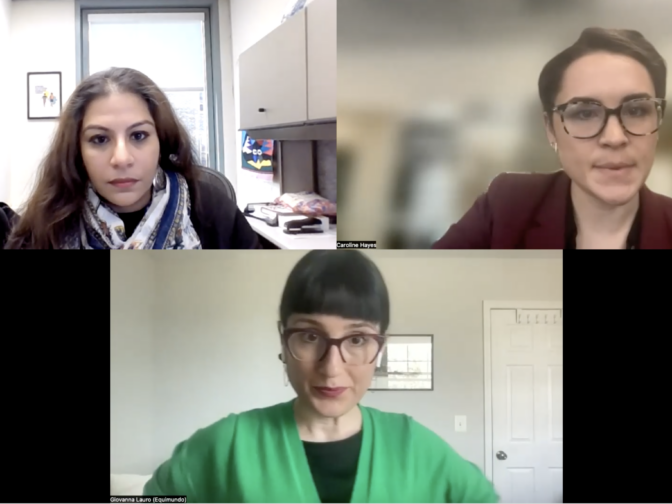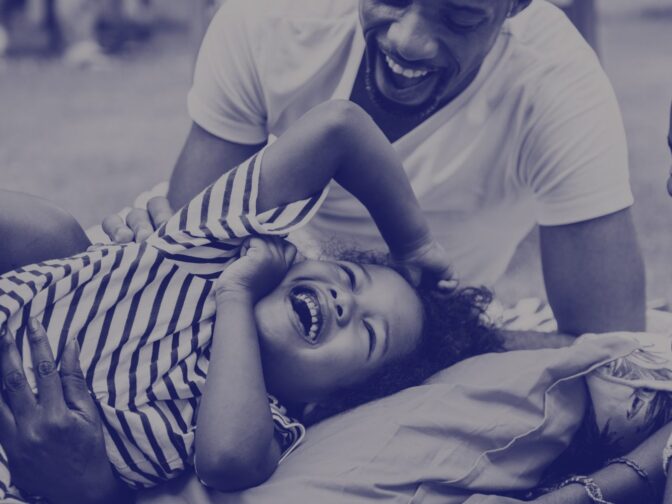“These workshops [about gender equality] were a waste of time,” a group of ten-to-thirteen year old boys told me during an evaluation of a pilot of Les Ateliers de L’Égalité, an intervention co-created by Equimundo and En avant toute(s) to talk about gender equality in schools in Paris. These boys’ reactions, the most negative I’ve heard in over a decade of doing this work, made me wonder – what happened? Our survey results reinforced the strange feeling I was getting in the classroom – while the pilot had a positive impact on shifting younger boys’ (8-10 years old) and girls’ (8-13 years old) gender attitudes, for middle school boys (10-13 years old), we found their gender attitudes actually became more negative.
We developed this program as part of the Global Boyhood Initiative, which aims to support boys’ expression of healthy emotions, to reach out when they need help, and encourage them to stand up against harassment and bullying. Based on years of evidence working with young people, we know well the specific and unique challenges boys and men face today such as mental health issues, bullying (in some places at higher rates than girls), and the pressures they feel to fit into two-dimensional molds of manhood. In addition, we know boys’ experiences of oppression such as poverty and racism can push them to over-emphasize the violent aspects of masculine identity to compensate for what they cannot achieve. Yet women and girls bear the brunt of patriarchy – in France, 9 out of 10 women surveyed said they adopt avoidance behaviors to not be subjected to anticipated sexist acts and comments by men, and 40% of women said they don’t raise their voice out of fear of men’s reactions.
Thus, to set up Les Ateliers de L’Égalité we nurtured relationships with schools to build trust; we interviewed parents, teachers, boys, and girls to better understand the issues they face with regard to gender inequality in the settings where the intervention would be implemented; and we used the findings to design a fun, engaging curriculum to work with young people ages 8 to 13 years old. However, looking back, one finding from our interviews foreshadowed what was to come: young boys were extremely skeptical of any kind of gender equality education – “We are tired of being told about feminism,” several of them said.

Like the rest of the world, France is experiencing a backlash against gender equality, especially since the #MeToo movement and the passage of marriage equality legislation in 2013. A recent study of 2,500 people commissioned by the French government found that many men believed violent and discriminatory behavior to be acceptable, with one news headline saying that sexism in France is ‘alarming’ and ‘getting worse.’ Indeed, one En avant toute(s) staff member who ran some of the groups with children, spoke about how society’s influence shapes boys’ attitudes:
“I have the impression that there’s a turning point with 6th graders [middle schoolers] in the construction of masculinity that accelerates and gets into misogyny, homophobia, lack of empathy — it becomes part of the definition of masculinity.”
After their initial feedback in the classroom, I took a small group of the ten-to-thirteen year old boys into the school hallway to better understand where they were coming from. In that short conversation sitting on the linoleum floor, they voiced how they felt unsafe in school and how they don’t often feel free to speak their mind. They were also, as many students are today, exhausted by everything.
Experiences like this one help reaffirm our decision to engage with boys and girls when they are younger and feel less saturated by the way some people tackle these conversations. They also help us reflect on the importance of listening and evaluating our work, rather than becoming complacent. We need to guarantee – now more than ever – that in our quest to create a more equal world, our interventions don’t just put pressure on boys and young men without changing the world around them. And that we do a better job of cutting through the cloudy anti-feminist narrative that perpetuates gender inequality by addressing the broader dynamics at play and welcoming boys to be part of the conversation.
We ought to recognize and remember that boys already have the human capacity to love deeply, treat each other as equals, and connect with their emotions. We must provide parents and educators with tools to spark conversations with young boys on this topic – at home or in the classroom; work with schools to have more creative and open-ended approaches to addressing gender inequality; and go online to the spaces where harmful stereotypes are often perpetuated. We all have a responsibility to bring these issues out into the open.
As one girl shared, “It is because [we see gender issues in] school… so it’s important to talk about it.”
WHAT CAN WE DO?
-
FOCUS ON BUILDING RELATIONSHIPS
Our findings from this pilot, with younger boys and girls, reinforced what we already know – relationships are important. Facilitators of Les Ateliers created strong bonds with students in the class, so much so that students wrote heartfelt letters during the evaluation asking when they would return. Others reported that they learned a lot about themselves with one sharing, “I learned new emotions and feelings.”
-
SPARK CONVERSATIONS
by using these resources that can help engage with young boys around this topic at home or in the classroom. En avant toute(s) has some wonderful resources for a Paris-based audience: Commentonsaime.fr is as itself a way to learn to speak about healthy relationships and provides information for adolescents and also for parents and educators.
-
WATCH
our latest GBI webinar on boys and education. “Boys & Education: What Does Gender-Transformative Education Look Like?”
This blog post was written by Jane Kato-Wallace, Equimundo Senior Fellow.



